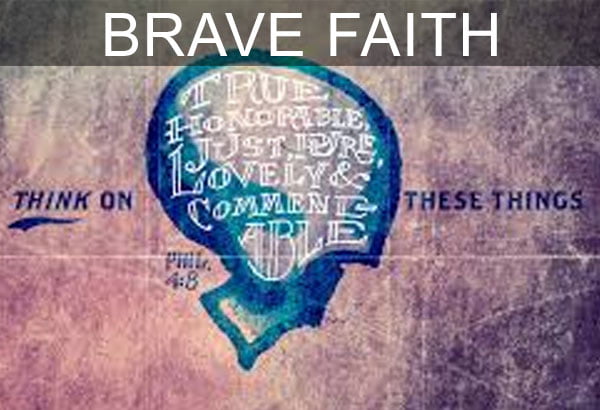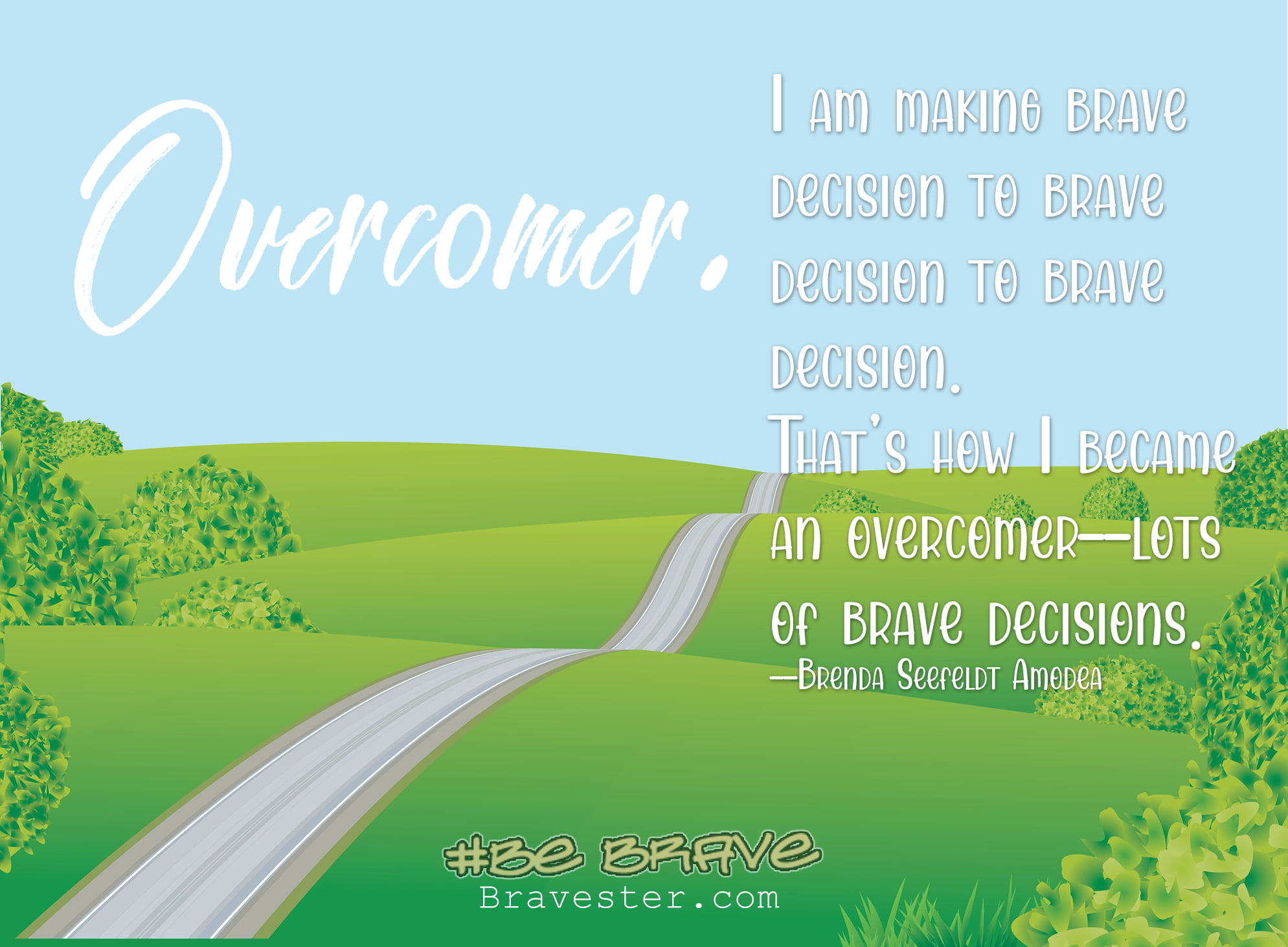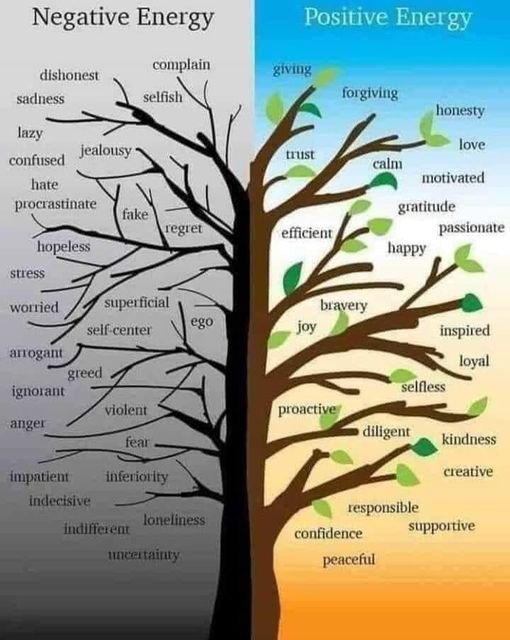Lead Your Brain Through the Chaos and the Confusion

To live Bravester is to make brave decision to brave decision to brave decision. We can do this because we’ve been given the God-given authority to lead our brains.
You do not need to follow your brain and believe what it is regurgitating is real. When you recognize your God-given authority over your brain, you can lead your brain.
Do you want to learn more about why we believe what our brains regurgitate? Read here.
Do you want to learn more about the small, deliberate tweaks (brave decision to brave decision to brave decision) that change our brain because we were knit in our mother’s womb with a brain made to be changed? Read here.
In every relationship there are occasional (or not so occasional) gaps or lapses. There are gaps between promises and performance. There are gaps between expected behavior and actual behavior. The problem comes in what do we do with those gaps. Hence the chaos and the confusion.
Our brains innately fill those gaps with a story—any story whether true or not. We can’t help ourselves. We have a primal need to make sense of the gap and how the promise didn’t mean anything or how what was expected never happened.
When we fill those gaps we have two directions we lean in: trust or suspicion. You either believe the best or suspect the worst. It always goes to each extreme, never something reasonable in the middle.
When we make these small, deliberate tweaks to our thinking, when we start leading our brains, when we trust God more than we trust what our brain is regurgitating, we start making decisions based on trust. (Doesn’t that sound brave?)
This is not a guarantee that you will not be hurt by someone as you start trusting more. That person’s failure to be honorable to you isn’t a definer of who you are. That person’s failure is that person’s failure. You are not defined by that negative relationship. You are defined by your heart of trust. (Doesn’t that sound like a beautiful person to know?)
How can we help our brains lean more towards trust? By leading these big, beautiful, plastic brains God gave us.
Our brains are designed by God to protect us. Part of our brain is this amygdala which keeps us alive from the dangerous world and the stupid things we do.
For example, when we are on a hike and a boulder is falling off a cliff and rolling in our direction. The amygdala is activated to help you make a quick decision before the rest of your brain can even think. The amygdala directs the whole body: hormones adrenaline and cortisol are released into the blood; adrenaline causes the air passages in the body to dilate. This allows the body to supply more oxygen than usual to the muscles so you can do something amazing to save yourself. Again, all before your brain can even think.
The amygdala also helps to store memories of events and emotions so that you may be able to recognize similar events in the future. This means the amygdala stores trauma. It will remember that path you went hiking on and your body will automatically “be on alert” for falling boulders.
But this doesn’t mean you are stuck in your trauma. Our big, beautiful, plastic brain is capable of healing. God made our brains to be able to be rewired for change.
Learned responses to trauma are flight, fight, freeze or fawn. All of these leave your body in a heightened tense position. This may be something you know already…that tension. You feel it in your body.
As you are feeling this in your body right now, I’m going to say something crazy true.
Confusion is a gift from God.
We are afraid of confusion because it is uncomfortable. Or because we don’t want to look dumb. Or because we are afraid it will lead to doubt. Or because we experience negative emotions such as shame, frustration, and anger. These negative emotions lead to irrational behavior like yelling at someone else, mocking someone, or offloading with bad humor. You know your bad triggered response. Who wants to say with me, “me, too”?
Yet confusion is the first step to learning something new. Confusion is an opportunity to start believing something useful. Confusion motivates, leads to deep learning, and triggers problem solving. This sounds like leading your brain material. This sounds like leading your brain out of trauma responses which cripple you. It starts with all that confusion you feel.
Confusion is a whole-body response. Have you ever watched a child learn how to play the piano? The child uses the whole upper body—wrists, arms, shoulders—to play each note. The facial muscles tighten. The whole body reads confusion but is learning something new.
With practice, the child develops “piano grace” and relaxes when he/she plays. This is because the child goes from using a massive number of neurons to an appropriate few neurons which are well matched to the task.
Confusion started with a lot, but grew to a few.
The first place we experience emotions is in our bodies, it is physiological. When you are driving a car and an 18-year old swerves into your lane, what is happening in your body? Can you name all of the senses which are suddenly on high alert?
In this confusion of a car swerving into your lane, the amygdala is doing what it can to protect you. What you do next is how you start leading your brain.
The brain wants a story for what just happened. There is that gap we need to make sense of. When you give the brain a story, your brain gets a chemical reward to give you a sense of calm—whether the story is true or not. The brain wants a story that minimizes variables, minimizes uncertainties, and gives you a good guy and a bad guy. Whatever to eliminate that gap. We’d all be dead if the amygdala took the time to work through the nuances.
So you make up a story in that rush of emotions of confusion. Is the story that the driver is stupid? Or that driver is only 18? Or that driver wants to destroy you? Remember for the brain to be rewarded and move you to safety, the story doesn’t have to be true.
What stories have you told yourself to fill in that gap? What stories have you used to excuse the bad behavior in a relationship? Especially those relationships that keep you in confusion?
What stories have you made up about God to explain the gap in your expectations of God? Are they true stories or false stories?
Psychiatrist Dr. Curt Thompson who loves to teach about neuroplasticity and our faith says,
“It takes less than three seconds for the neuro-affective effects of shame to register in the mind, changing the contours of our felt sensations and perceptions. It takes anywhere from thirty to ninety seconds for us to fully receive the emotional “load” of a compliment, of a bid for attachment, of a gift of goodness or beauty directed our way. For goodness and beauty to arise, time for dwelling is necessary. — The Soul of Desire, pg 149
That’s 3 seconds to register something hurtful. That’s 30 to 90 seconds to register something good. Ouch. This now makes sense, right?
Oh the big, beautiful, plastic brain. Lead your brain. Breathe. Wait.
Our beautiful brains have trees in them.
“A healthy brain cell indeed looks like a tree with a full canopy. There’s a trunk, which is the cell’s nucleus; there’s a root system, embodied in a single axon; and there are the branches, called dendrites. Neurons in your brain pass signals from one to another like they’re playing an elaborate, lightning-quick game of telephone, using axons as the transmitters and dendrites as the receivers. Those signals originate in the brain and are passed throughout the body, culminating in simple actions, such as wiggling a toe, to more complex instructions, such as following through on a thought. Just as you can judge a healthy tree by its canopy, so too can scientists judge a healthy neuron by its dendritic branches.” https://www.sciencedaily.com/releases/2016/04/160427150908.htm
Breathing. Waiting, And having positive thoughts help lead our brains to lean towards trust instead of suspicion.
A meme like this could feel like some do-gooder positive thinking meme. Yet this is how God made our brain. These are the small, deliberate tweaks we can do to bring change into our lives. This change in our lives is the way of Jesus.
You are more than what your brain believes. You are a soul designed by God. Part of that design is the neuroplasticity of your brain which can change your habits, your reactions, and how you think. You are growing better trees.
This is living in tree time–where growth is always happening. It is those small, deliberate tweaks as I choose to give God more credibility than everyone else.








Comments
Trackbacks & Pingbacks
[…] teach us that we have the God-given authority to lead our brains. (Read more at here, here, and here.) Choosing joy helps our […]
[…] This is faith mixed with total confusion. […]
[…] We all know how important peer friends are during this adolescent development process. We already feel second to their friends in importance. But now we know that this is part of the God-created brain—the brain that was created wired to change. […]